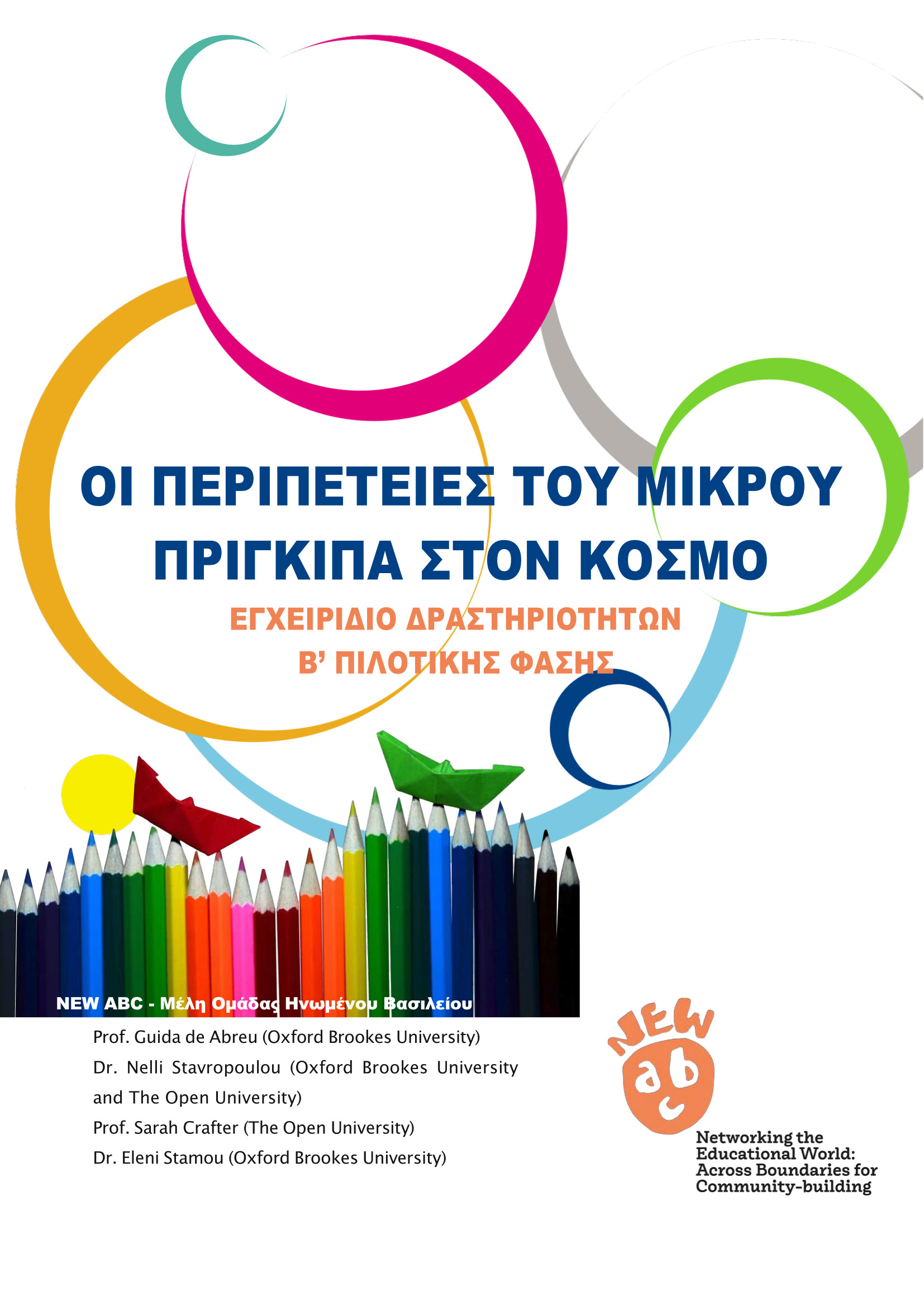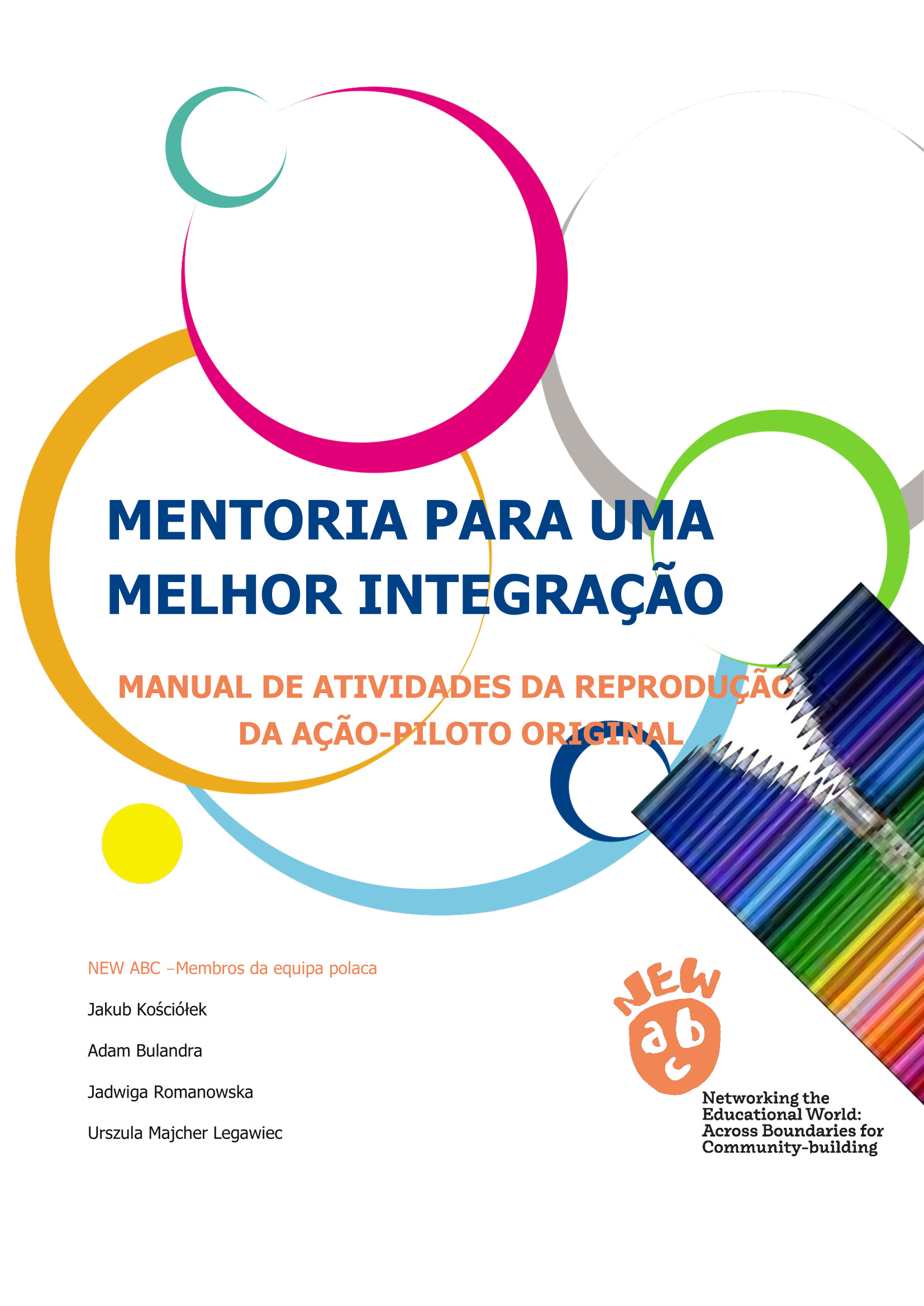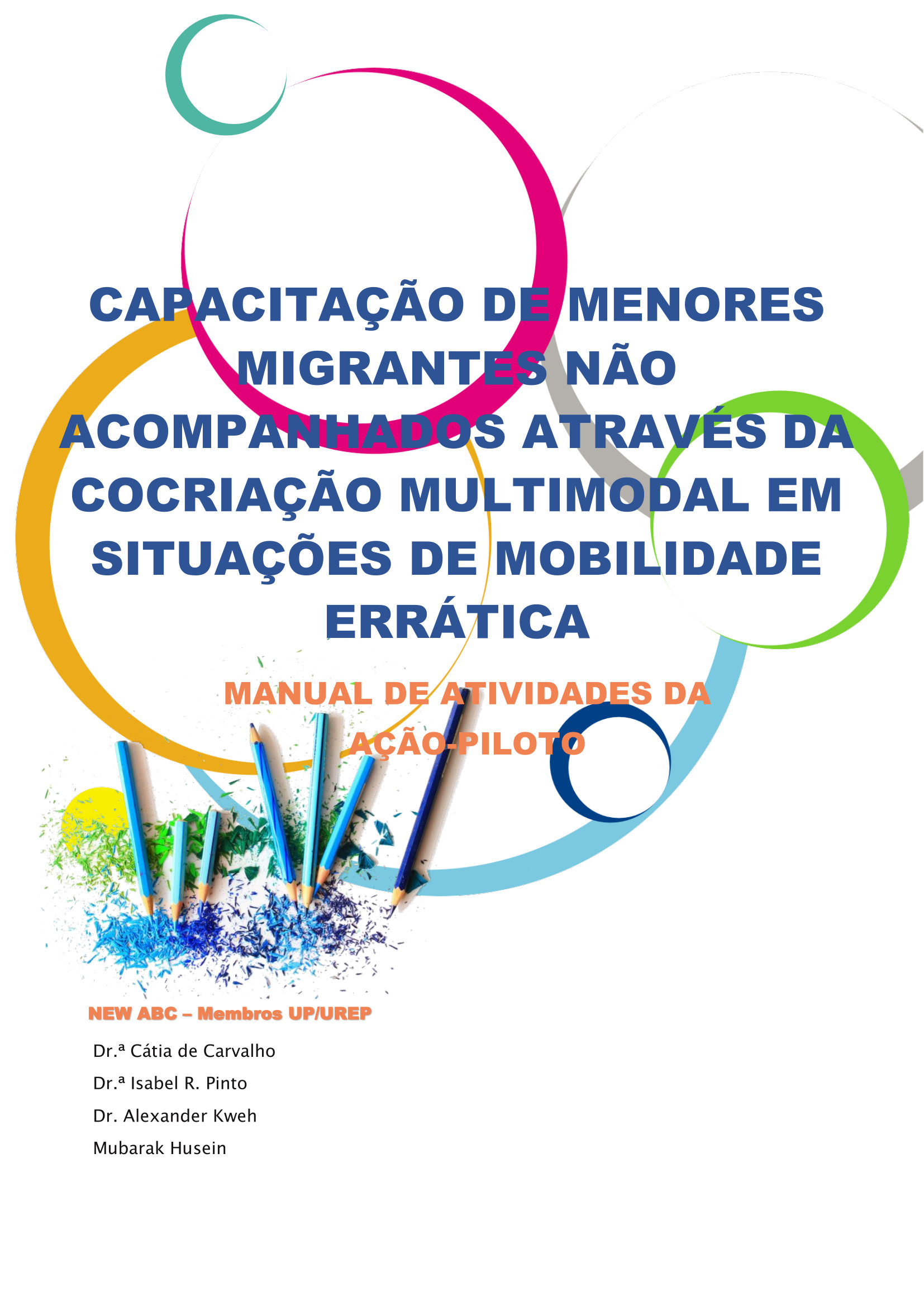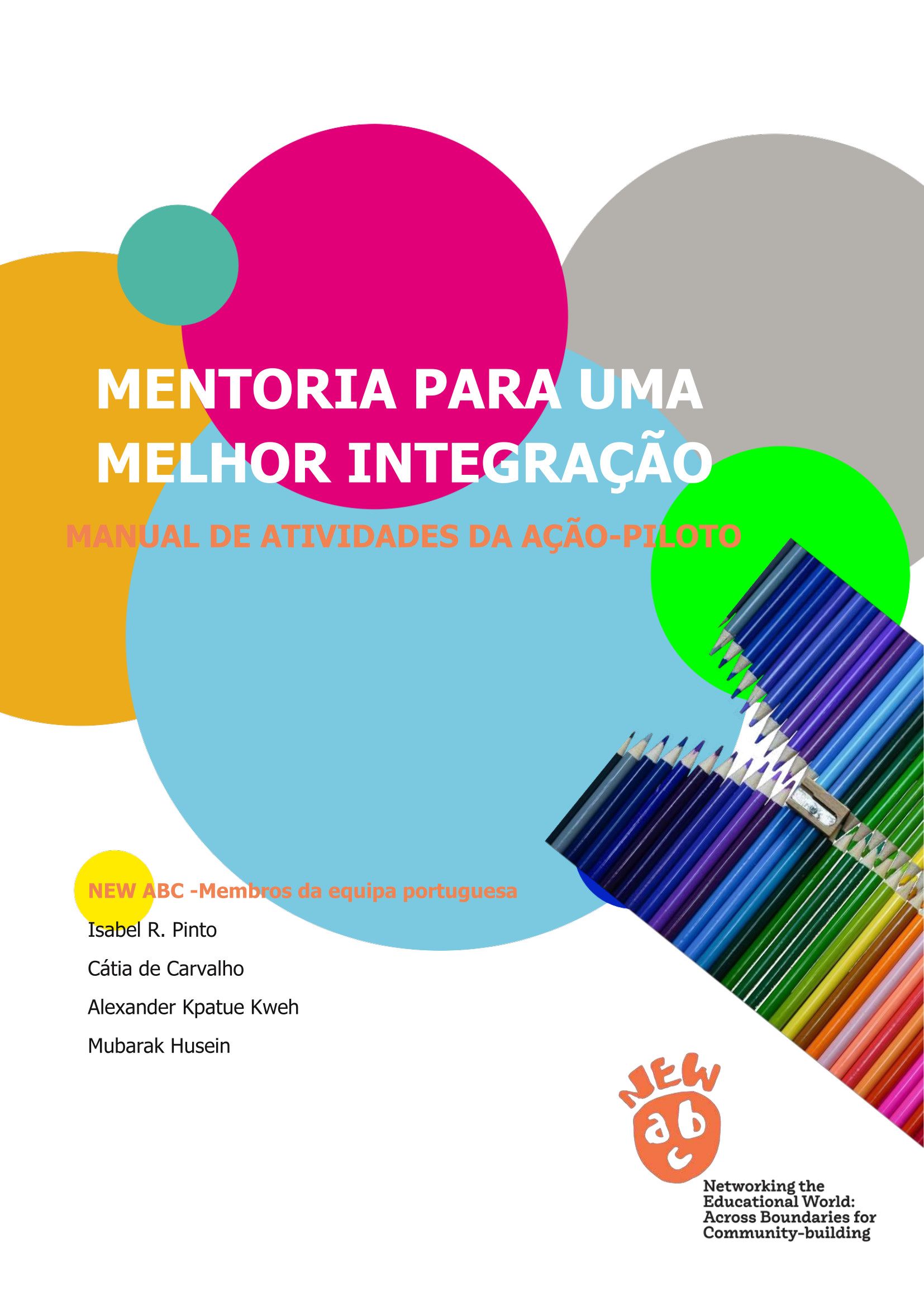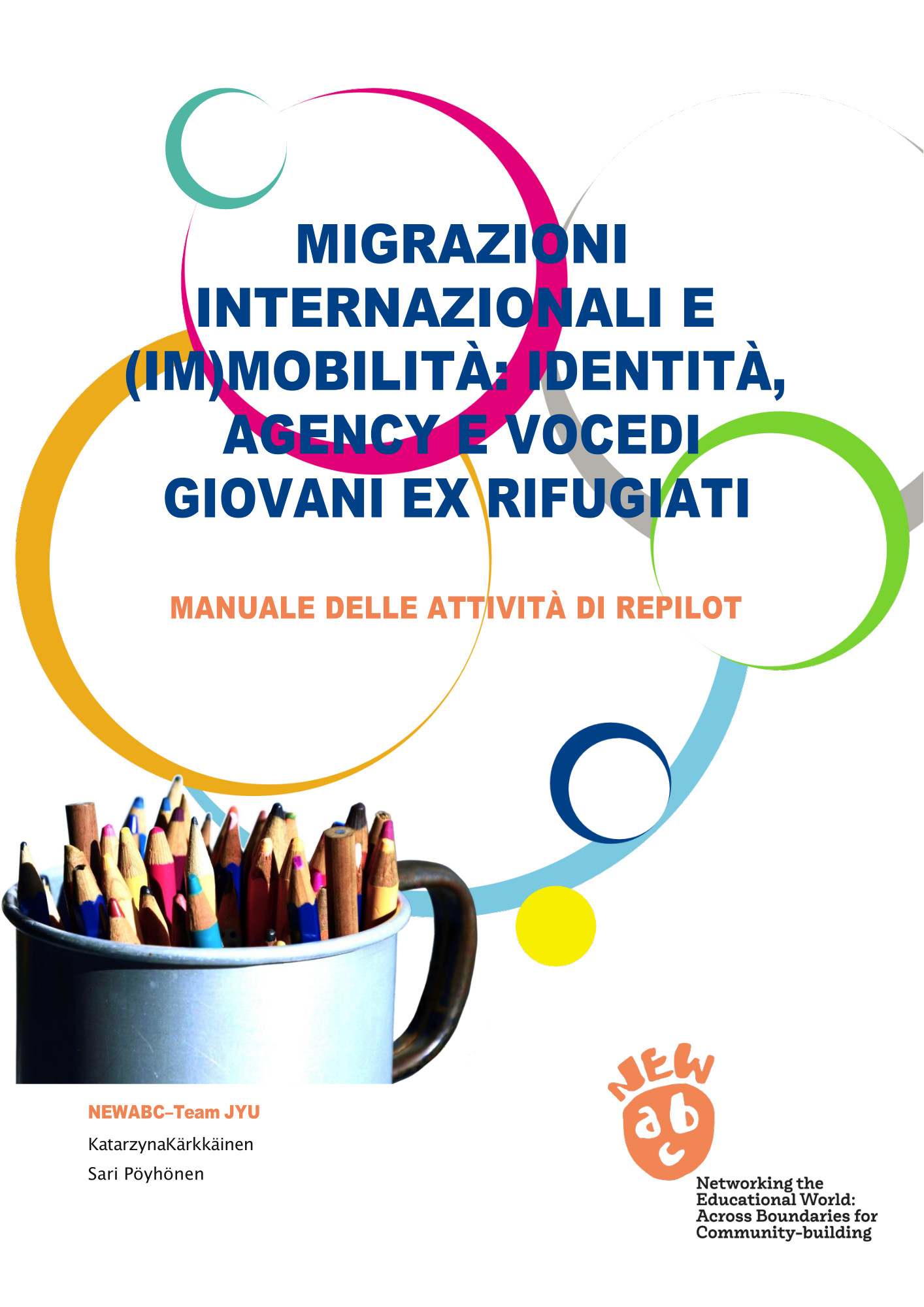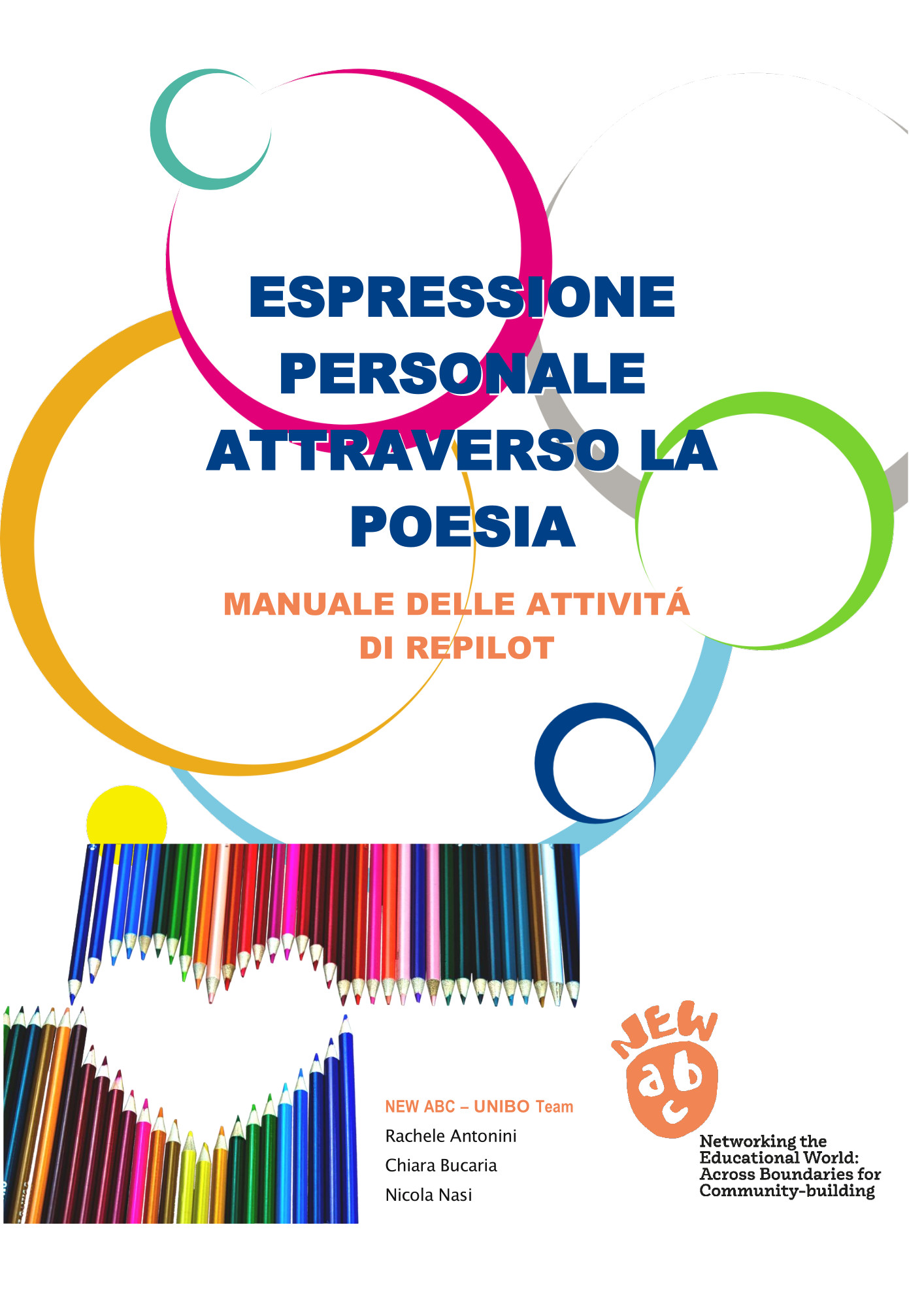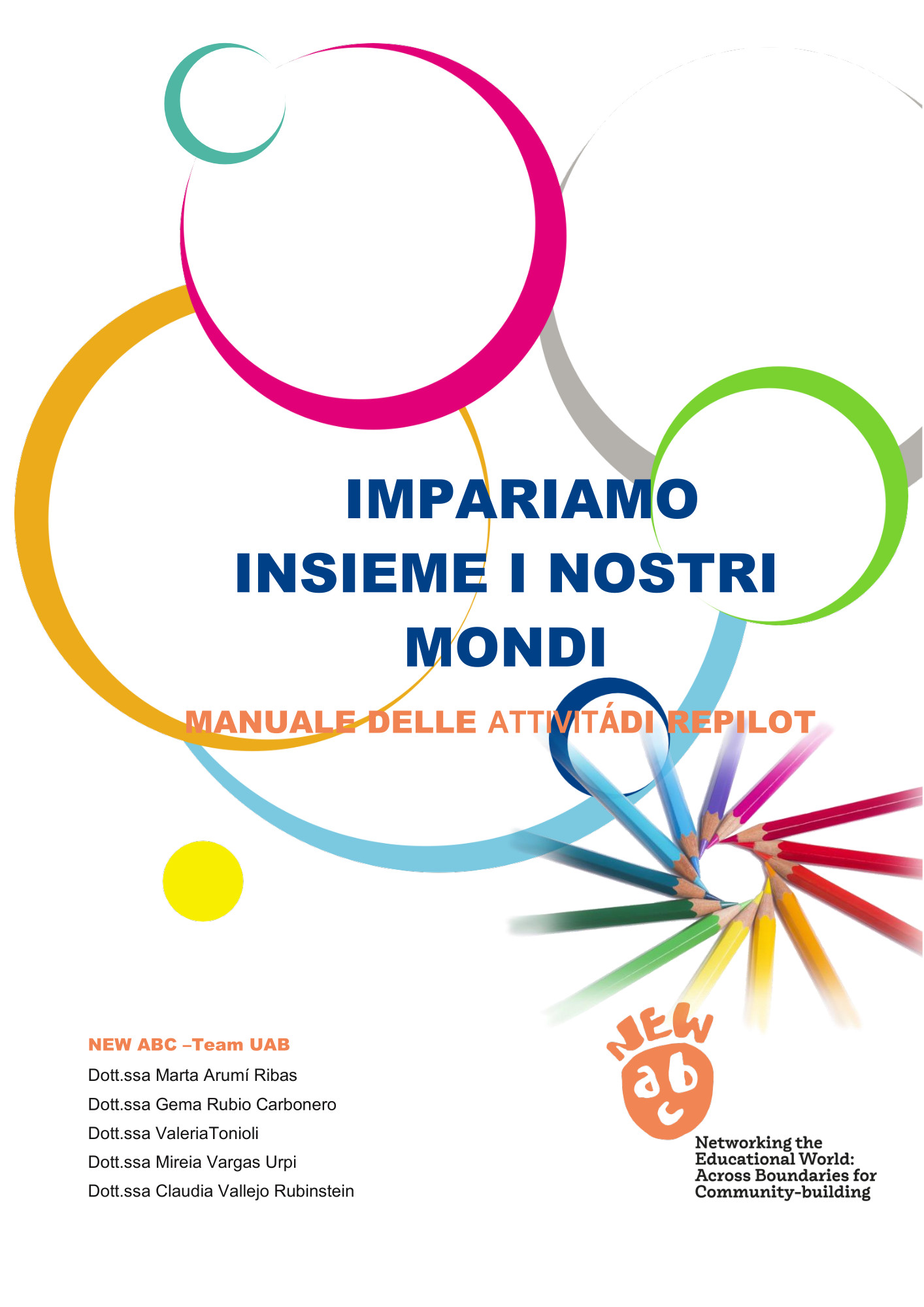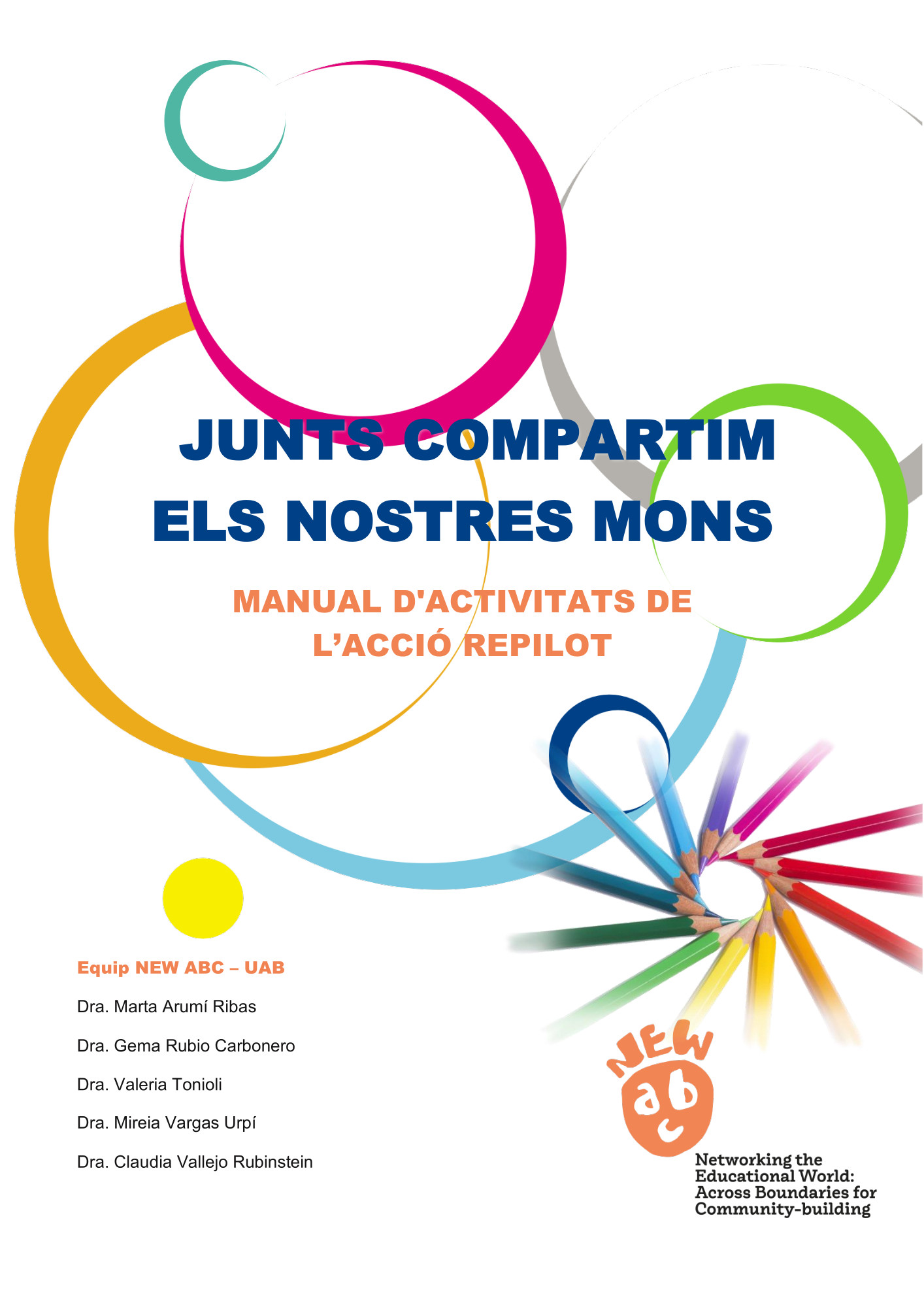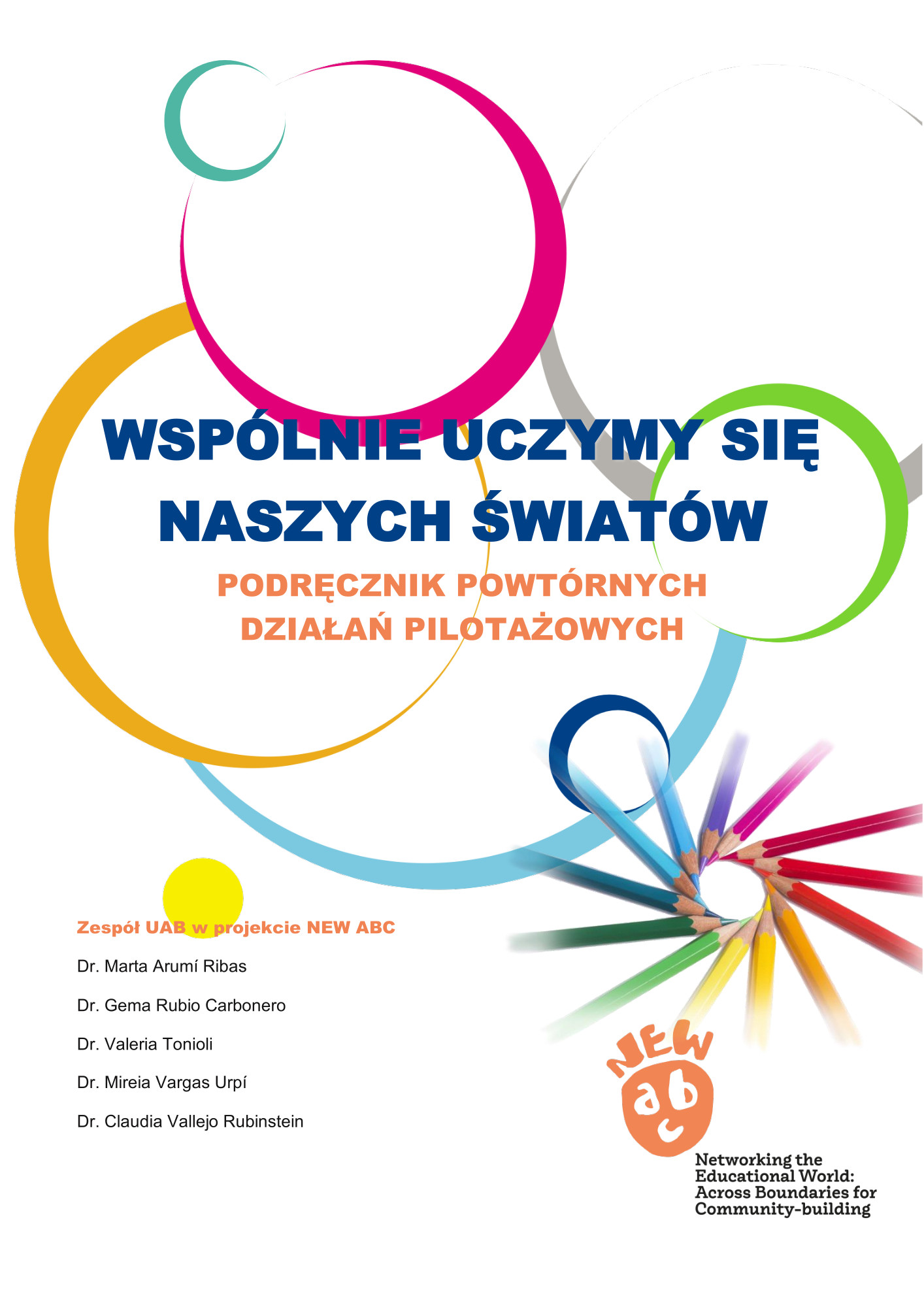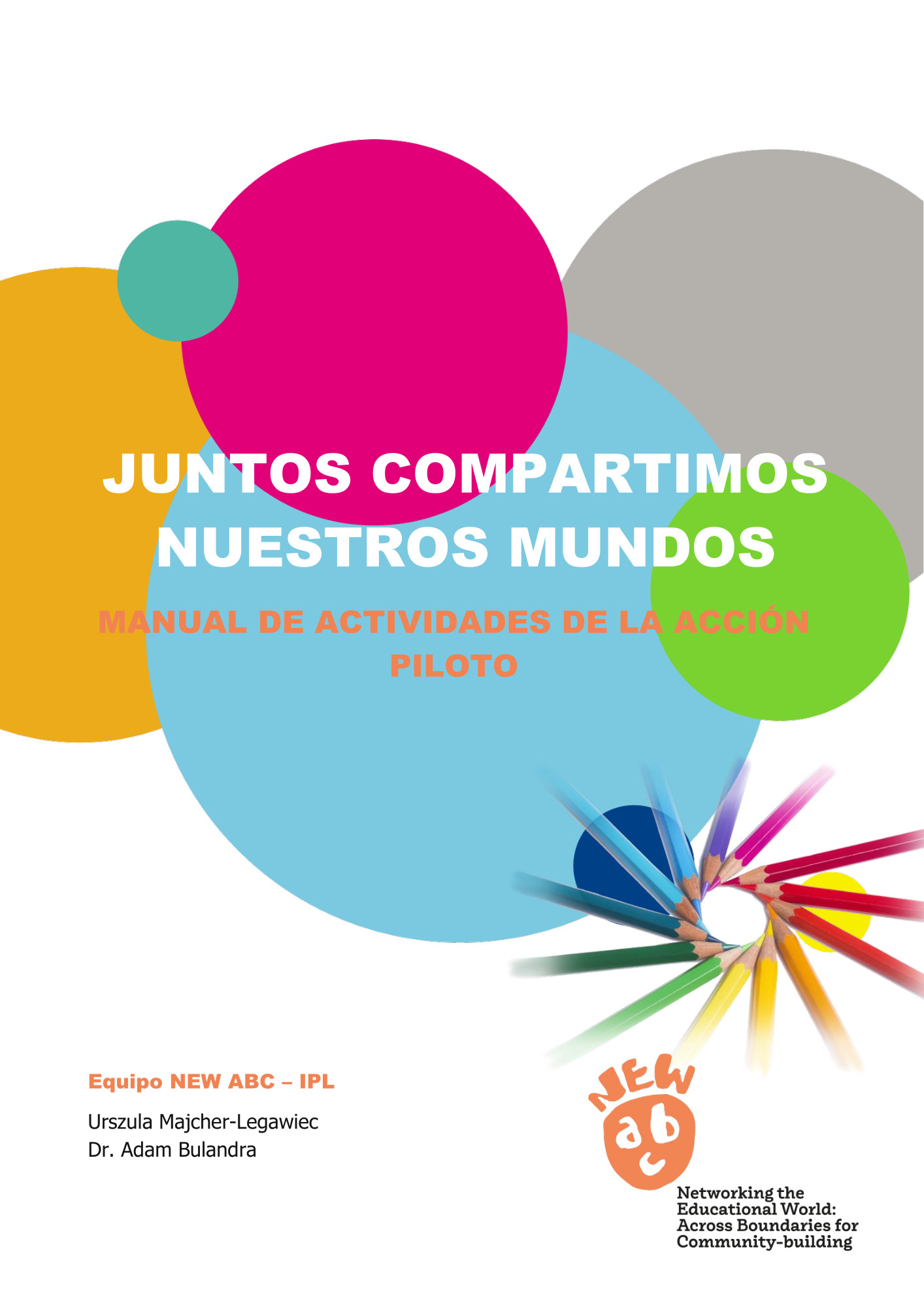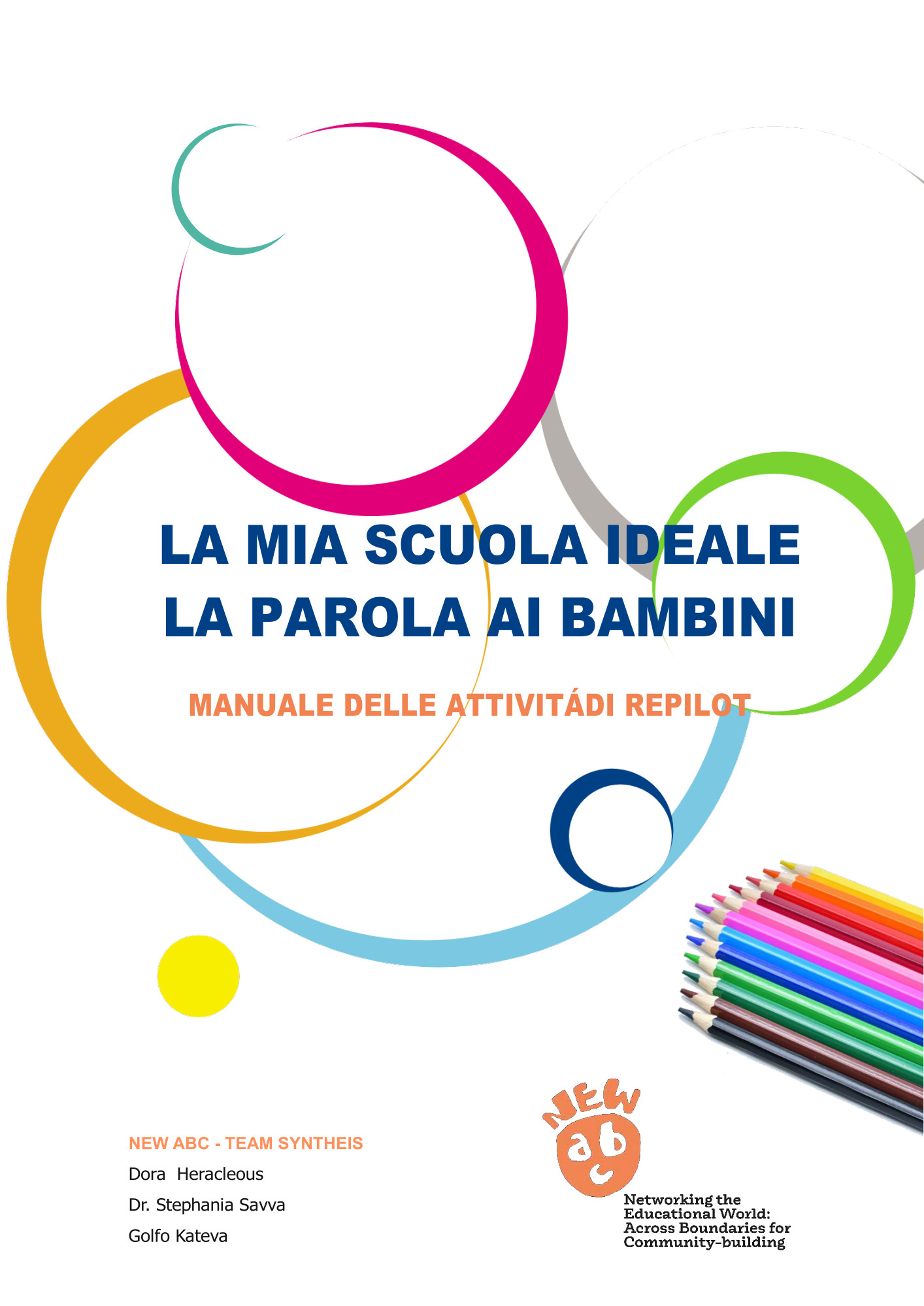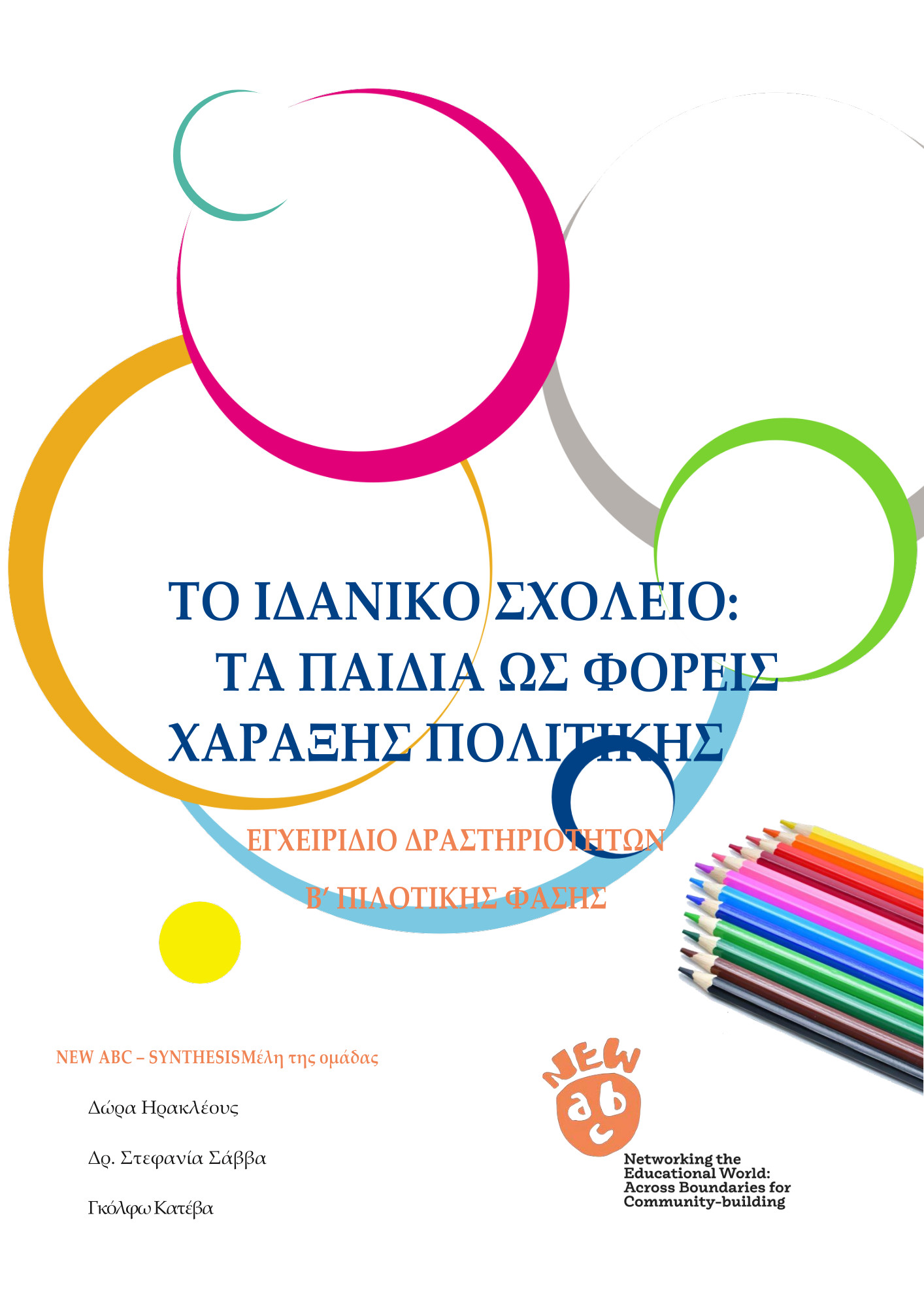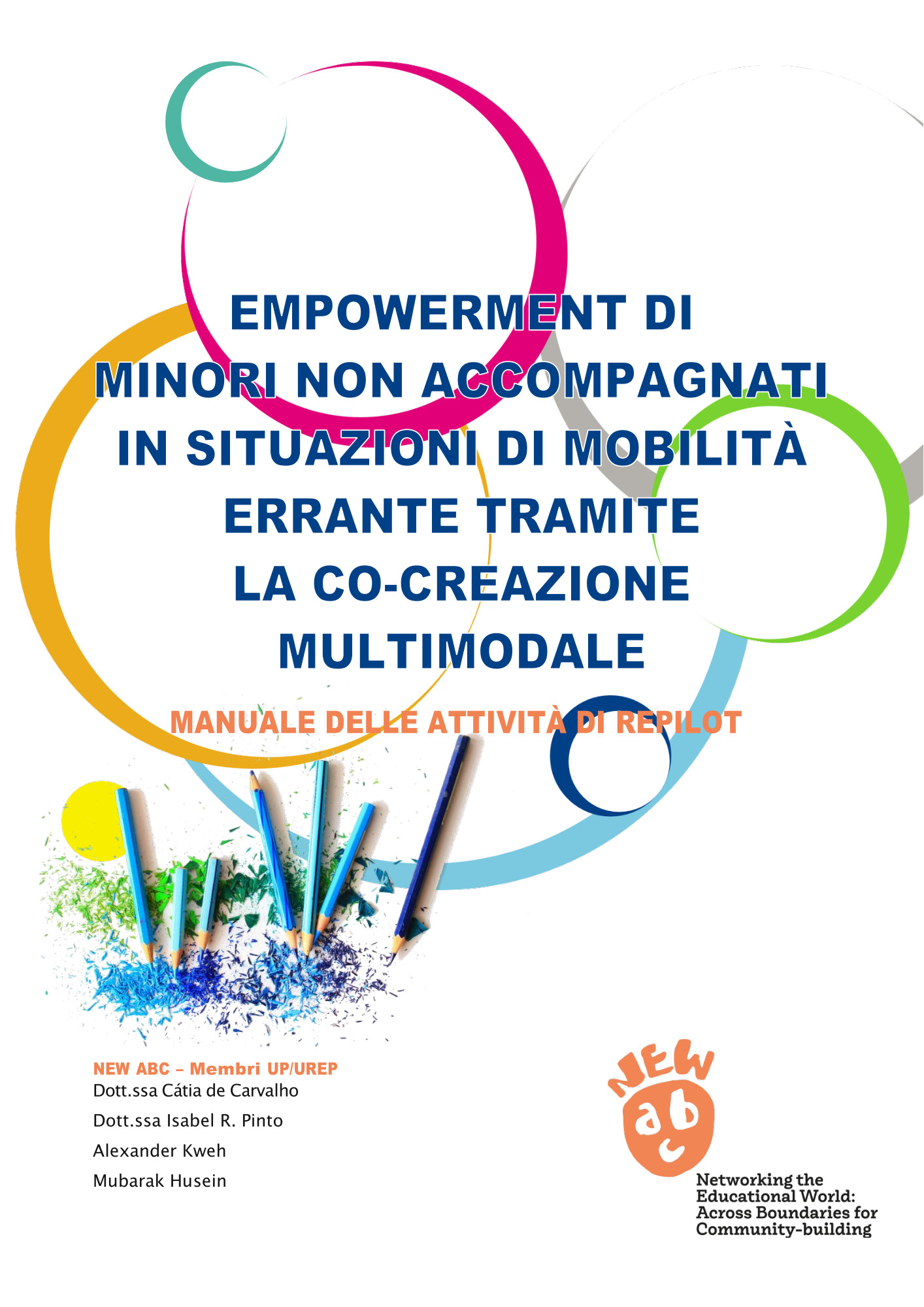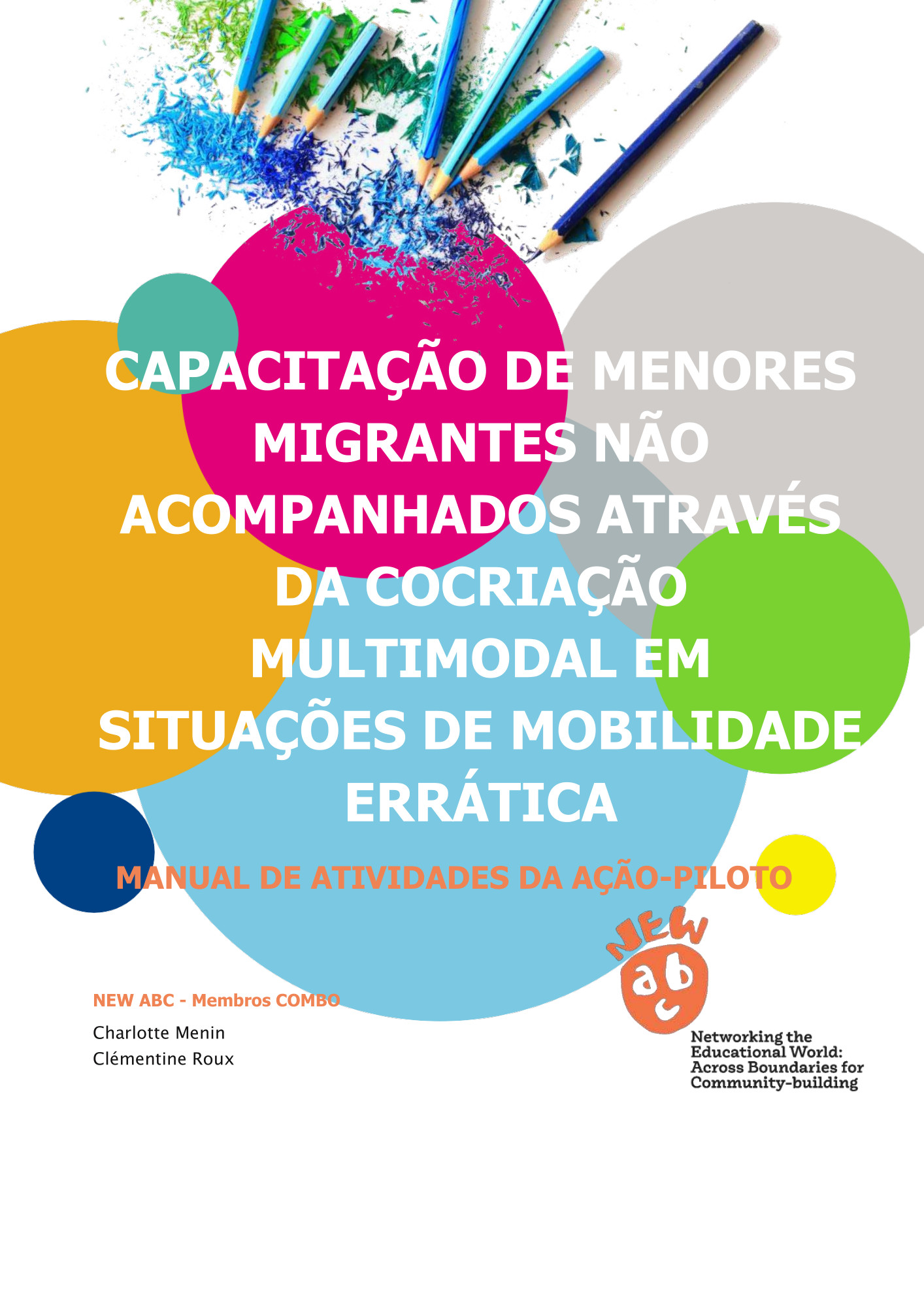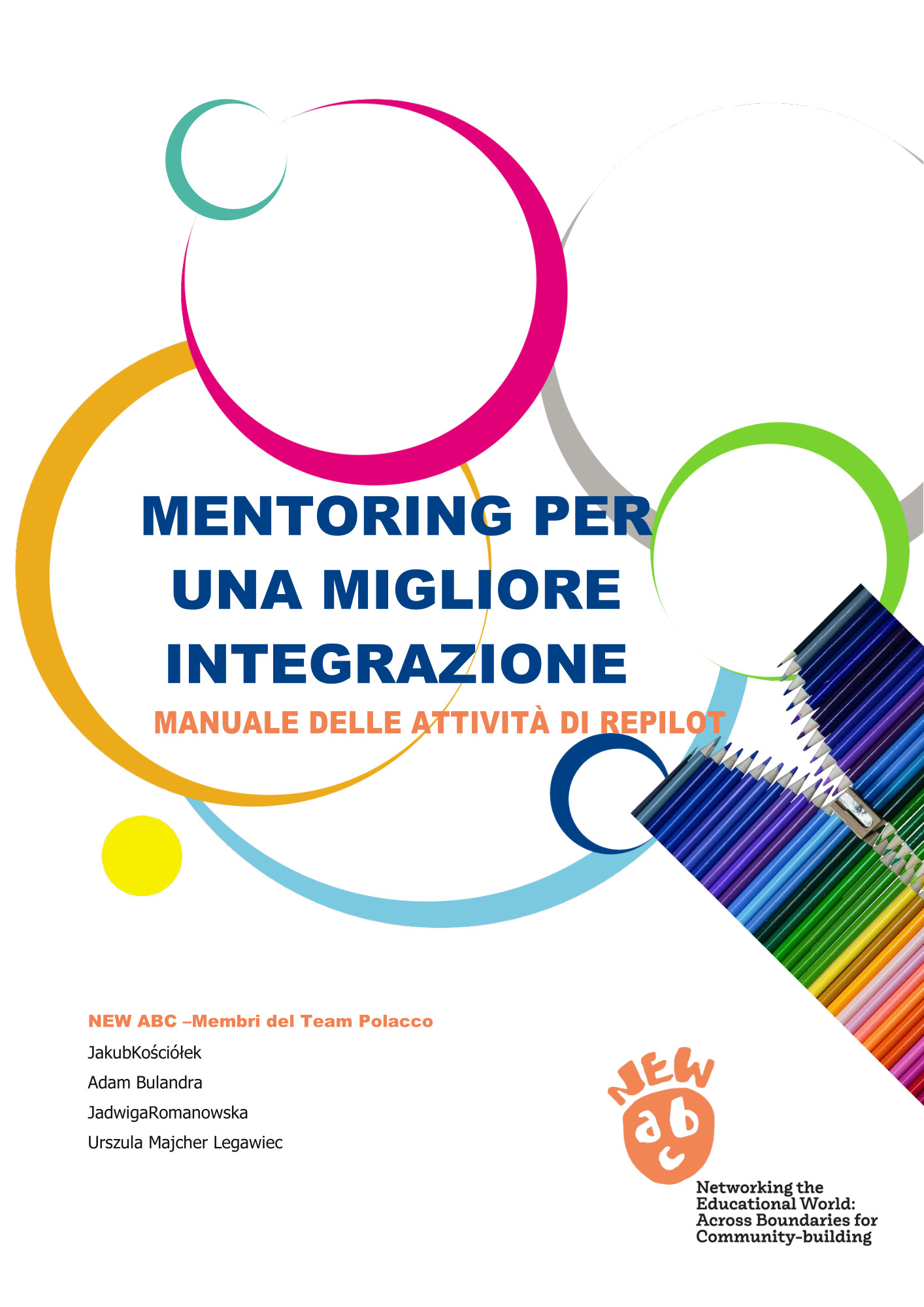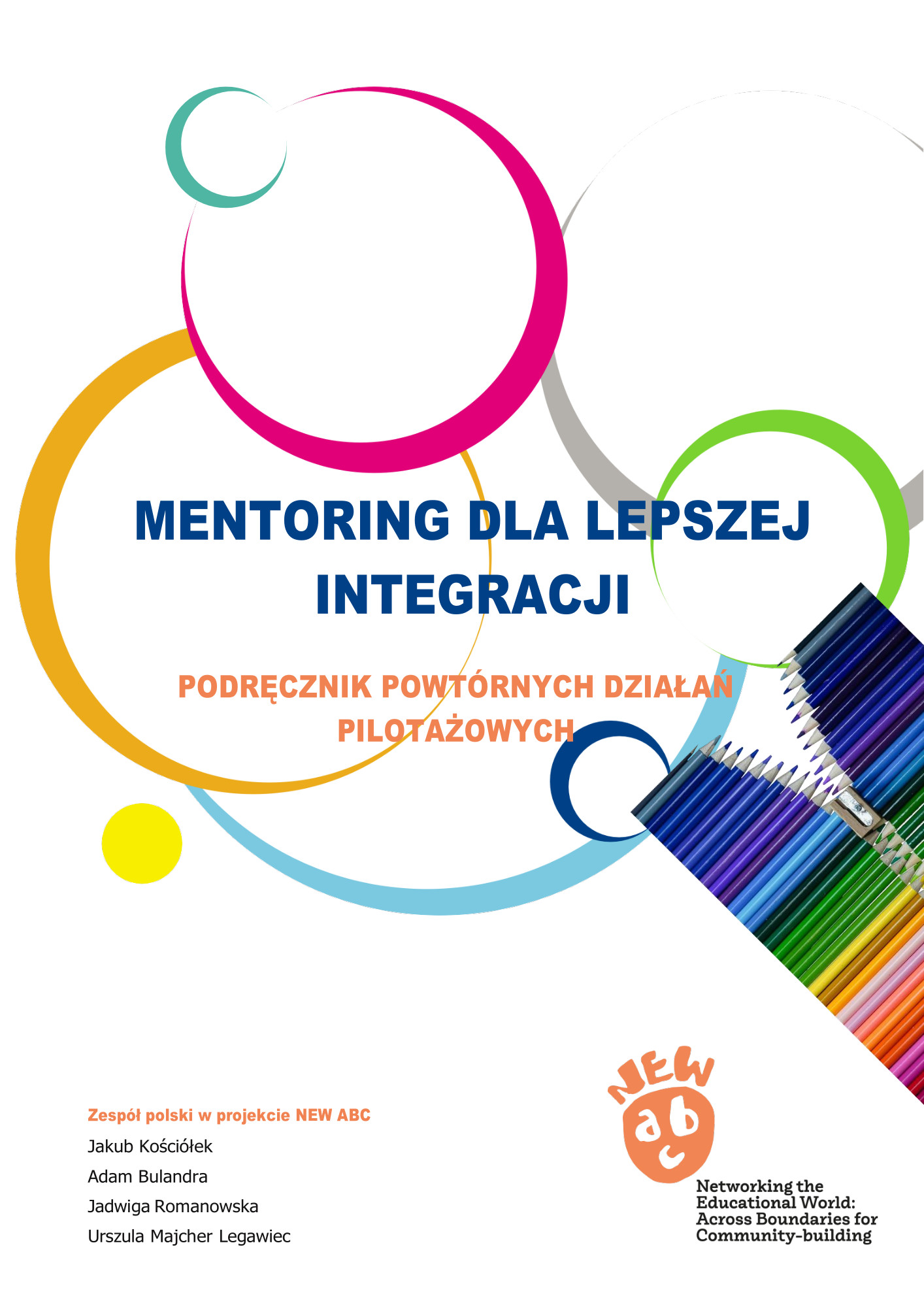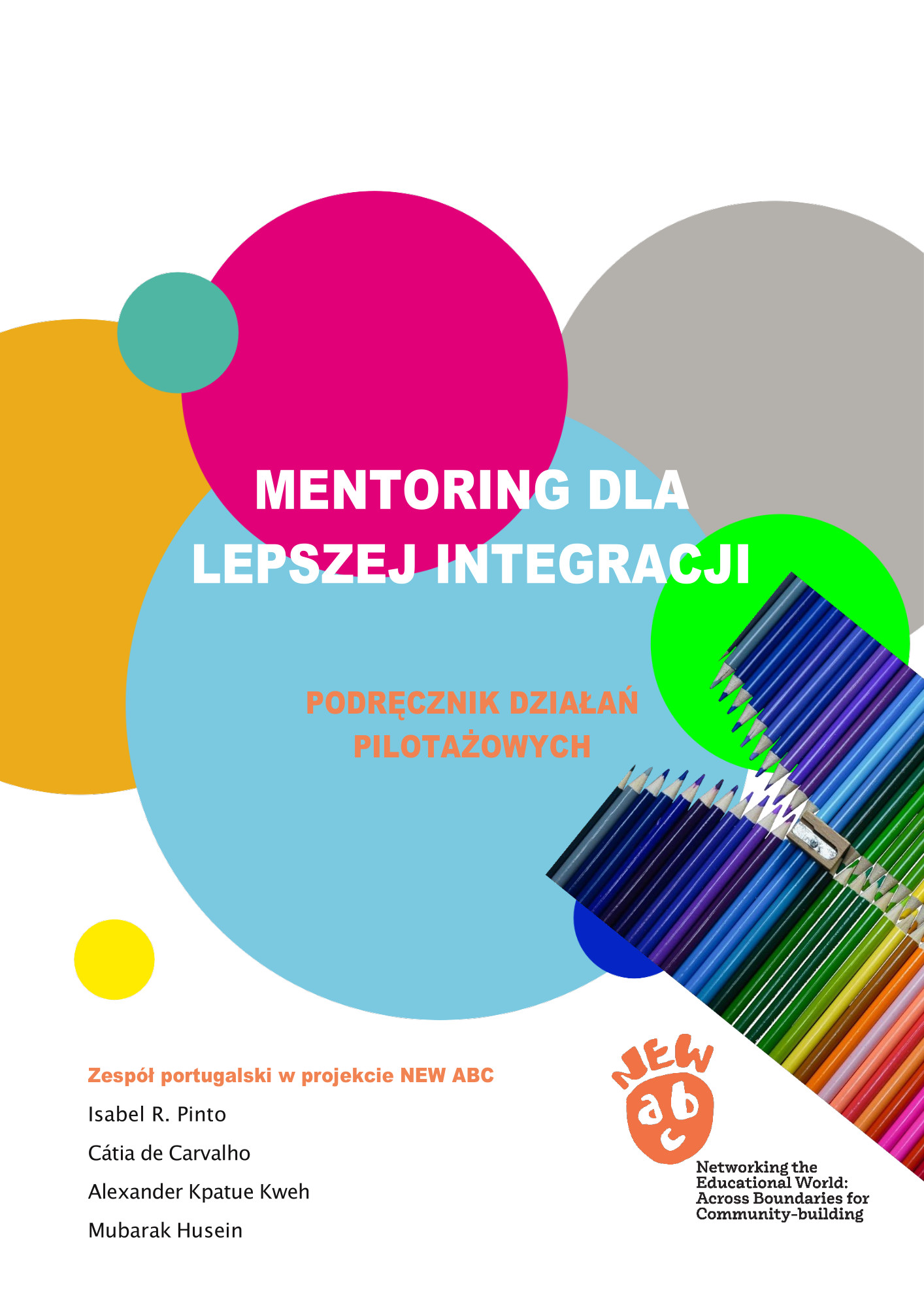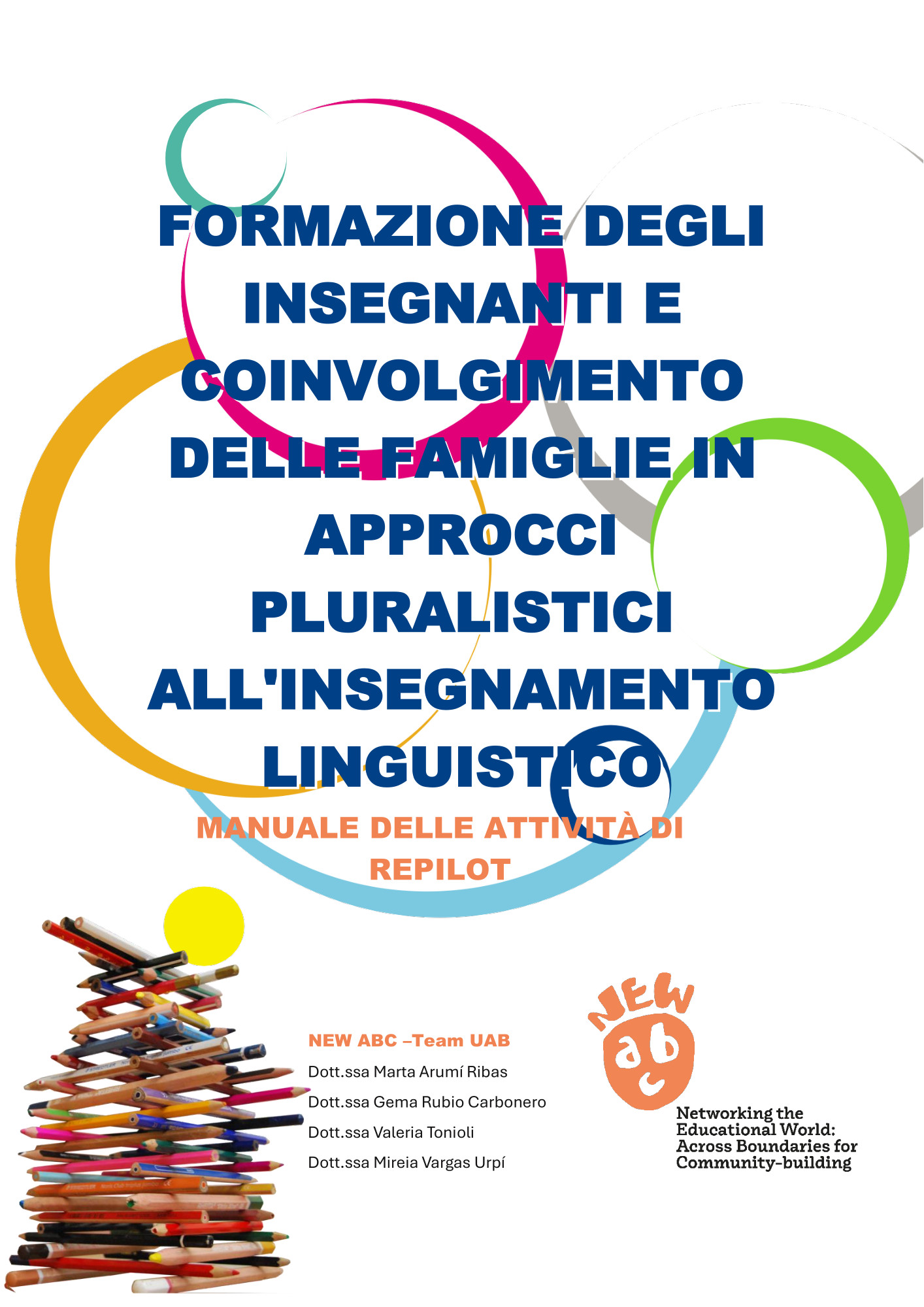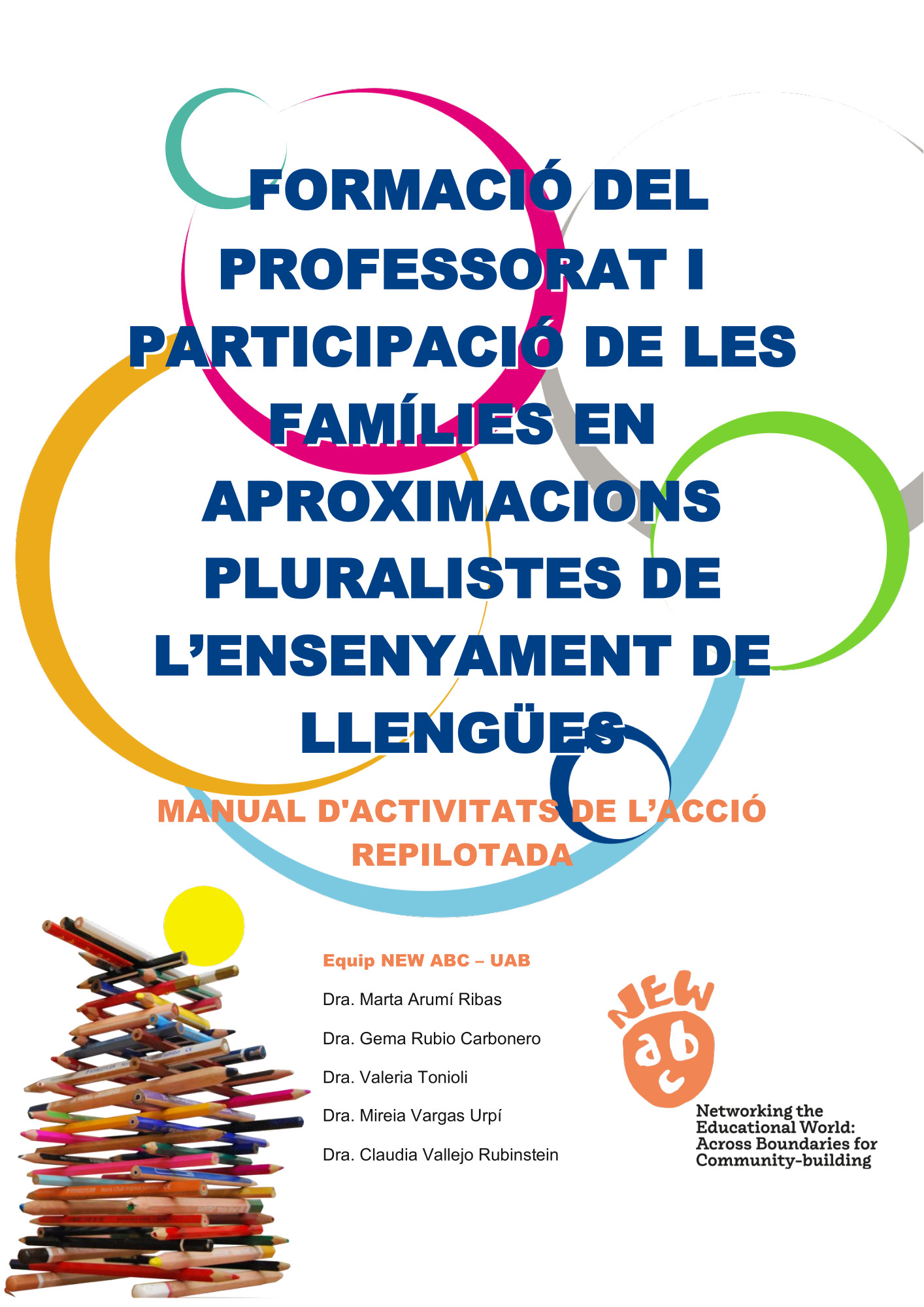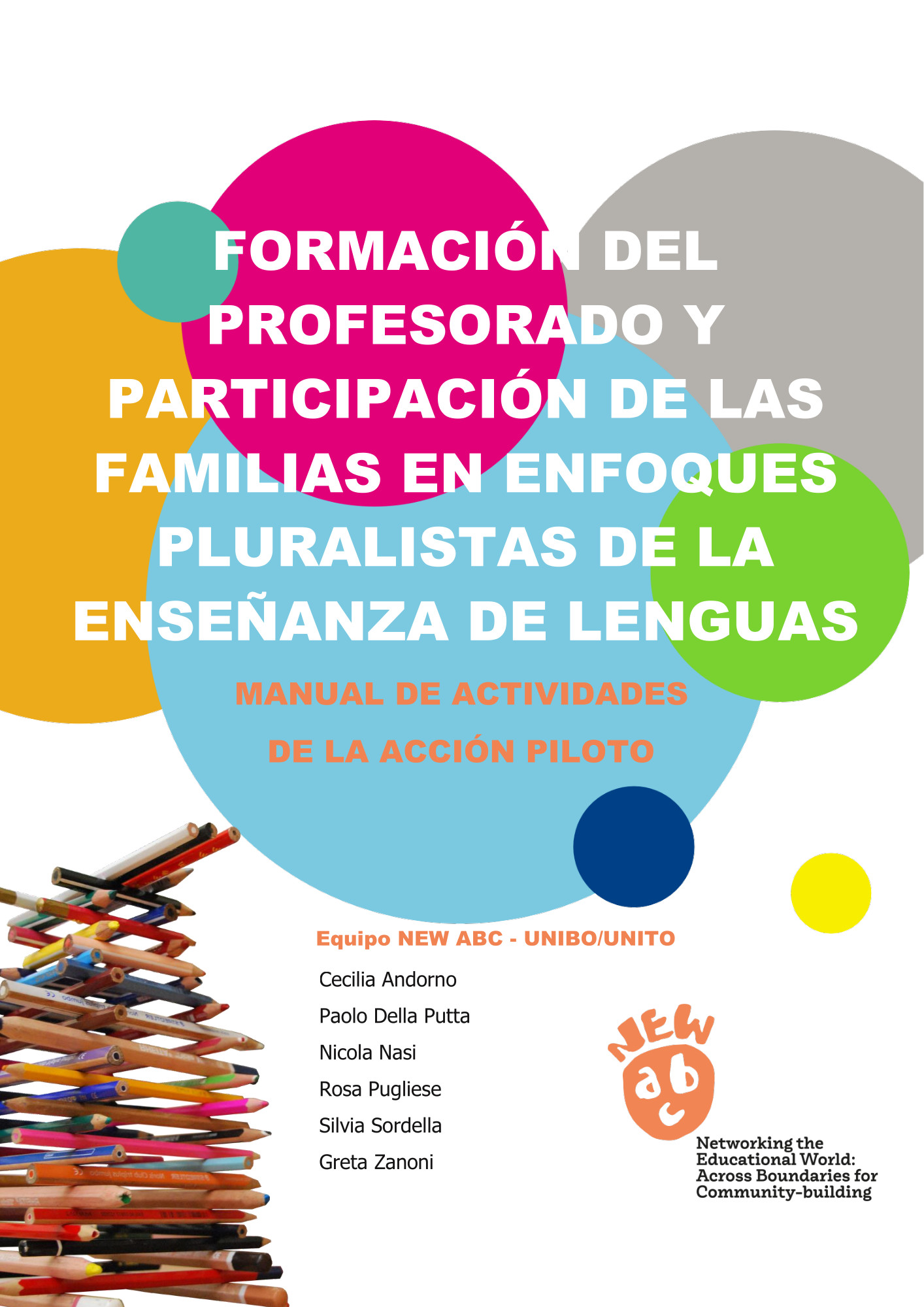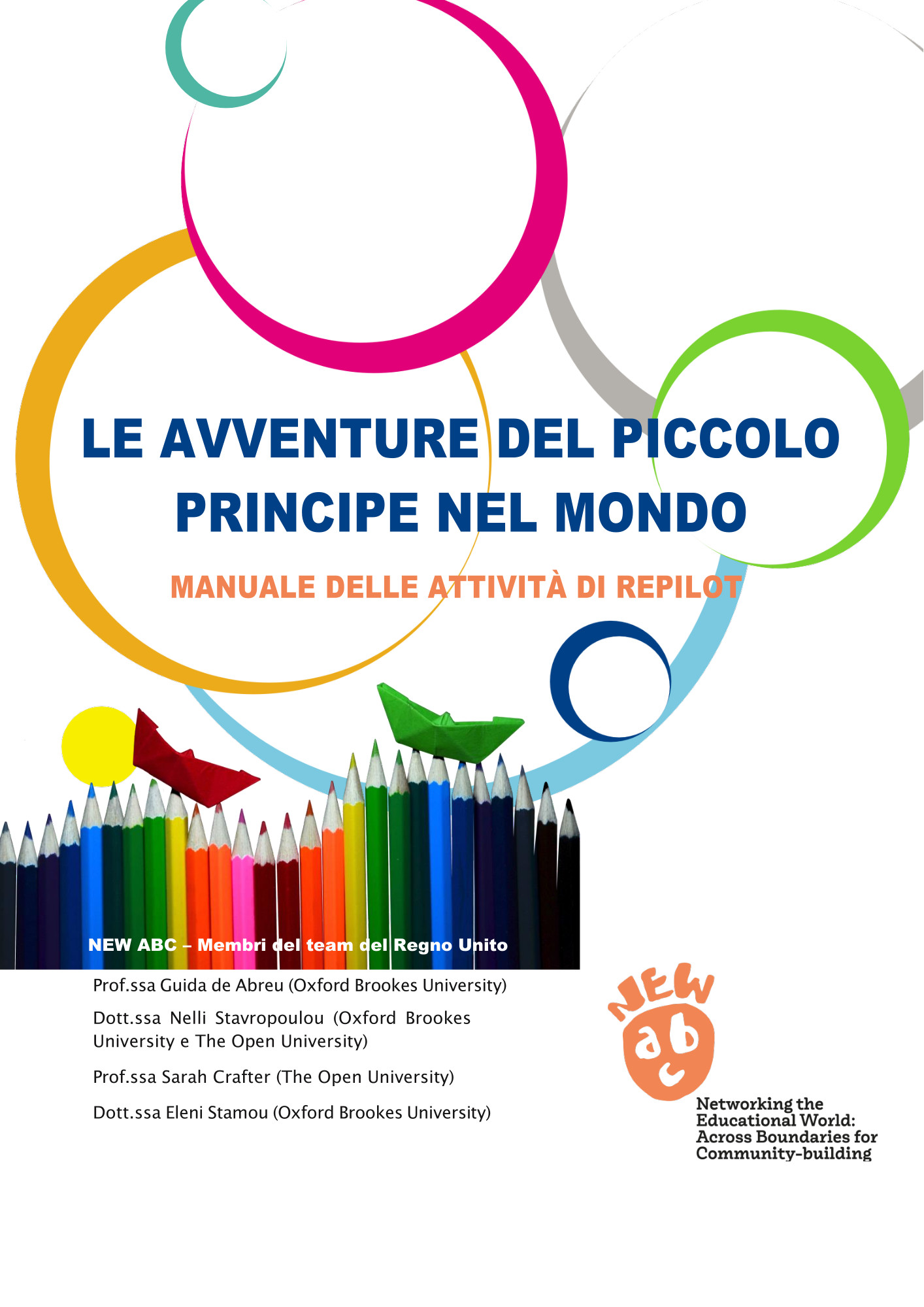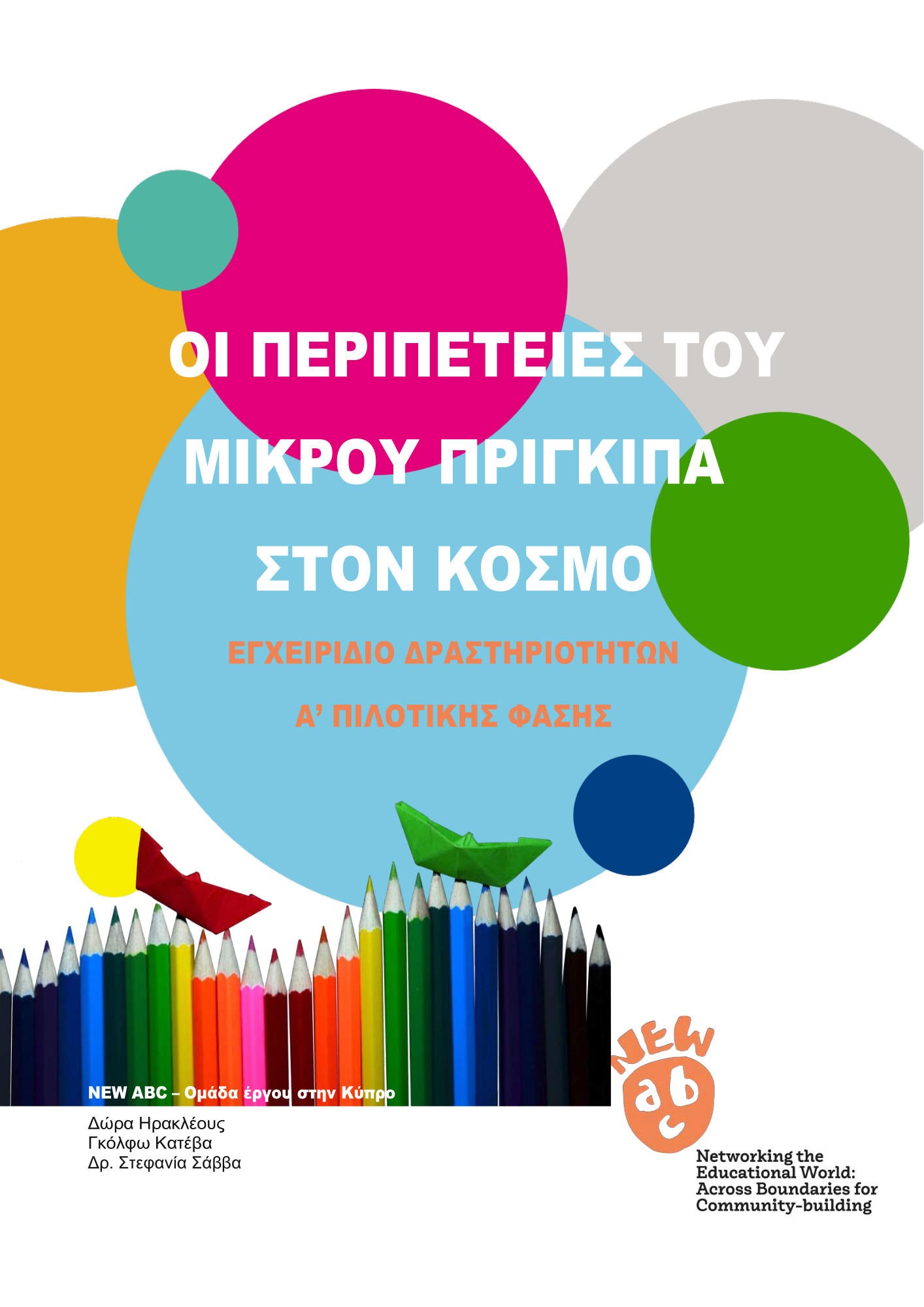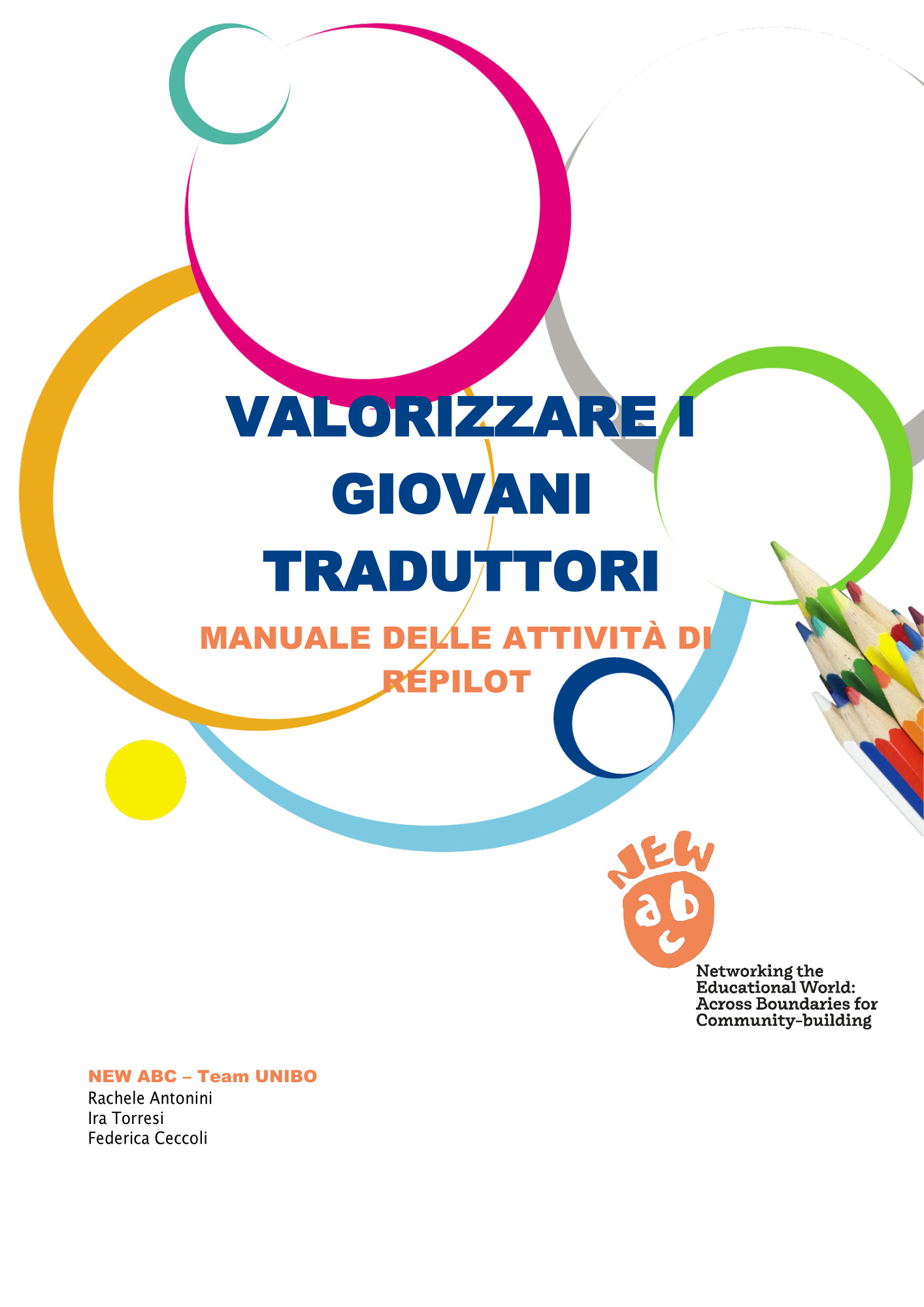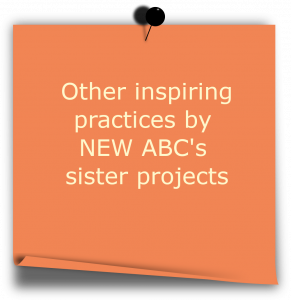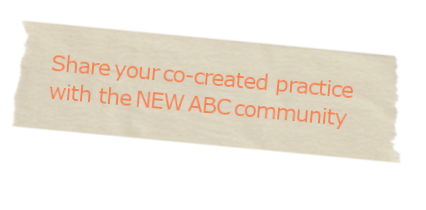Welcome to the NEW ABC platform. This site is where you will find all the practical information related to the pilots that are being co-created and tested in the project. In NEW ABC each pilot action action explored a specific aspect of the inclusion of children and young people with a migrant background in education. It has been an interchange space for migrant children and young people, teachers and local children in education, by getting to know and learn from each other. Learn more about the NEW ABC Pilots
All the pilots followed the same process: they were firstly tested by one consortium partner, who prepared a handbook describing all the activities they carried out and the way activities were conducted, and then another partner retested it after having adapted the activities to their specific geographical and socio-cultural context. Another handbook resulted from this retest. This might be inspirational for those willing to adapt the action to their own reality.
Below you will find the handbooks belonging to the NEW ABC pilot and repilot actions classified into different categories, so you can check them according to your interests.

